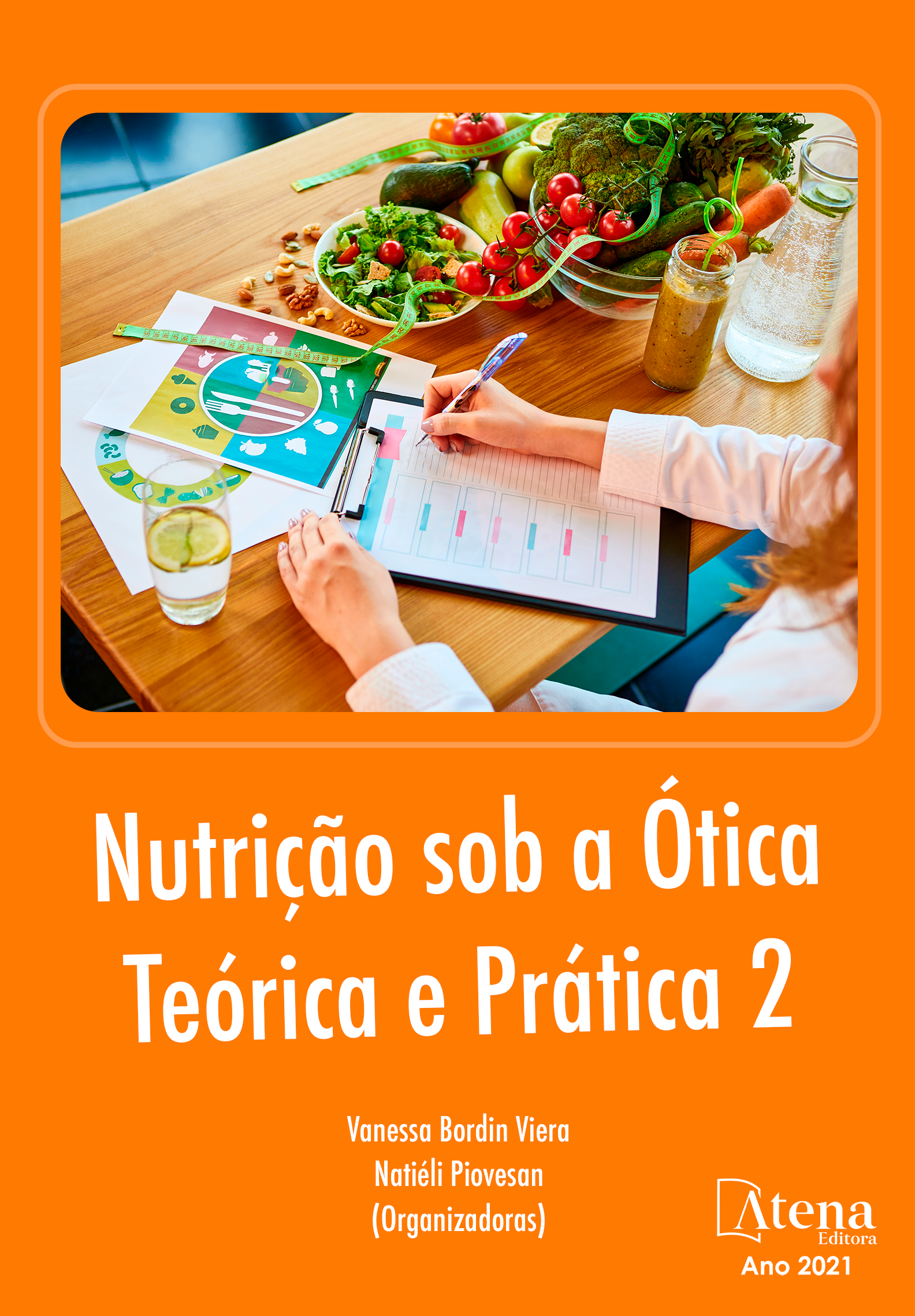
FERRAMENTAS DE GERENCIAMENTO PARA O CONTROLE DE CUSTOS EM UNIDADES PRODUTORAS DE REFEIÇÕES (UPRs)
A relação humana com a alimentação vem sofrendo mudanças ao longo dos milhares de anos. O setor que abrange todo o mercado de alimentação conhecido como food service, engloba muito mais que apenas as refeições realizadas fora do lar, pois envolve a produção das refeições, os equipamentos e a prestação de serviço. Talvez por isso o mercado de alimentos seja tão promissor no contexto econômico atual. Portanto, se faz necessário estar preparado para competir, e para tanto, deve-se ter o menor desperdício de dinheiro. O estudo objetivou analisar as ferramentas de gerenciamento para o controle de custo em UPRs, destacando como e quando elas podem ser utilizadas, além do seu impacto no custo da produção final. Por meio de uma revisão sistemática da literatura, foi observado que os principais pontos de controle apontados nos estudos analisados são: uso do marketing, treinamento da equipe, implantação de boas práticas ao longo da cadeia produtora, uso adequado da Ficha Técnica de Preparação (FTP), seleção de fornecedores e aplicação de práticas sustentáveis durante a cadeia de produção. Conclui-se que toda UPR, sendo ela comercial ou coletiva, deve dispor de ferramentas de gestão que possibilitem dentro da dinâmica do processo produtivo, desenvolver todas as atividades de forma mais econômicas e eficientes, cabendo ao gestor gerir, controlar, corrigir e implantar, sem renunciar à qualidade do produto.
FERRAMENTAS DE GERENCIAMENTO PARA O CONTROLE DE CUSTOS EM UNIDADES PRODUTORAS DE REFEIÇÕES (UPRs)
-
DOI: 10.22533/at.ed.5162101049
-
Palavras-chave: Custo. Controle de custos. Serviços de alimentação. Gestão.
-
Keywords: Cost. Cost control. Food services. Management.
-
Abstract:
The human relationship with food has undergone changes over thousands of years. The sector that covers the entire food market is known as food service, encompasses much more than just meals outside the home, as it involves the production of meals, equipment, and the provision of service itself. Perhaps that is why the food market is so promising in the current economic context. Therefore, it is necessary to be prepared to compete, and for that, one must have the least waste of money. The aim of this research was to analyze the management tools for cost control in foodservice establishments, highlighting how and when they can be used, in addition to their impact on the cost of final production. Through a systematic review of the literature, it was observed that the main control points pointed out in the analyzed studies are: use of marketing, team training, implementation of good practices along the production chain, proper use of the technical cards, selection of suppliers and application of sustainable practices throughout the production chain. Among the results obtained it could be established that all foodservice establishments, commercial or collective, must have management tools which allows the dynamics of the production process to develop all activities in a more economical and efficient way, leaving the manager to manage, control, correct and implant, without giving up the quality of the product.
-
Número de páginas: 26
- Teresa Elisa Sousa da Silva
- Grazielle Louise Ribeiro de Oliveira
- CANDICE DE OLIVEIRA AIRES SOUSA


